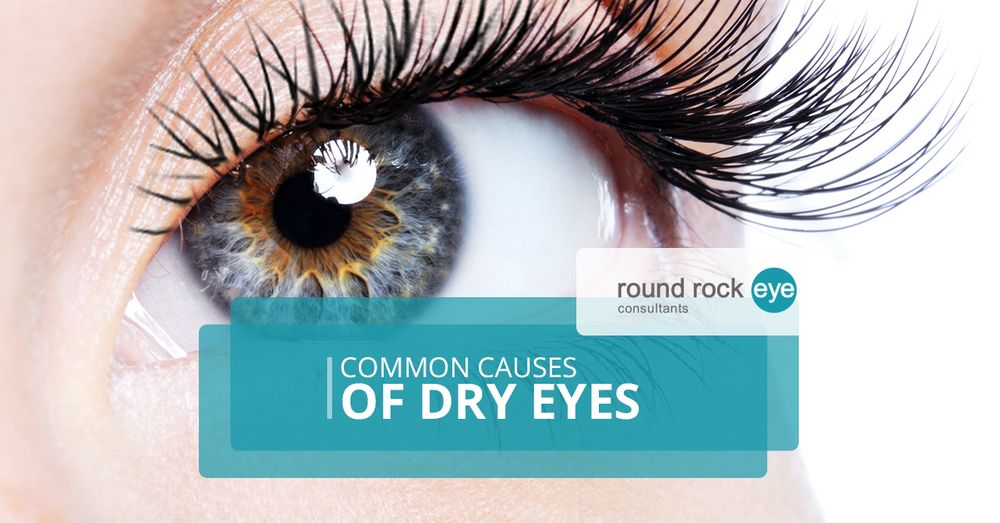While hearing about “dry eyes” may not sound like a particularly alarming condition, anyone that has dealt with this issue would boldly state otherwise. Eyes that are feeling dry, itchy, or irritated are incredibly uncomfortable, to say the least. Today, our eye care team will cover some common causes and treatments of this condition.
Why You Have Dry Eyes & What to Do Next
There are plenty of things that can cause dry eyes, we’ll only be looking at the most common. Some of these are environmentally-based, meaning you can see relief by changing your situation, and others are more condition-based. In any case, be sure to contact your ophthalmologist whenever you’re concerned about a problem with your eyes!
Common Causes of Dry Eyes
Certain diseases, such as rheumatoid arthritis, Sjögren’s syndrome, thyroid disease, and lupus
Blepharitis (eyelid inflammation)
Being in a smoky, windy, or very dry climate, including sleeping with ceiling fans
Prolonged or excessive contact lens use
Having refractive eye surgery, such as LASIK
Using some eye drops and artificial tears with preservatives
Side effects from taking certain medications, such as diuretics for blood pressure, antihistamines, antidepressants, sleeping pills, and more
Naturally occurs during aging for many people and is especially common in women during menopause
Treatments Available to You
Artificial tears (often without preservatives)
Punctal plugs—which are small devices inserted into the tear ducts in a simple in-office procedure to make more of your natural tears available to wet the eye
Prescription medications to help your eyes produce more tears, including Restasis
Blepharitis management
Vitamin supplements, such as Omega-3 fatty acids
Advice on changing your home and work environment to alleviate dry eye symptoms, including identifying, avoiding, and treating allergies
Visit Round Rock Eye Consultants
If you live in the Round Rock area, then schedule your next eye care appointment with our friendly, accommodating staff. Our ophthalmologist is available to help with issues, such as dry eyes, as well as routine eye exams, certain surgical procedures, and more.
Your ophthalmologist can determine whether or not you have dry eyes and the severity of the disease or underlying condition by utilizing an examination and specialized testing performed in the clinic. Reach out to the staff at Round Rock Eye Consultants for more information and to find relief from your dry eyes - starting today.
Learn more about our eye care services, and reach out today to get started.

